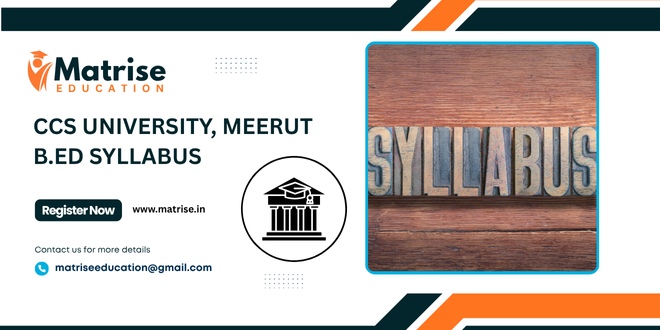
Introduction
Chaudhary Charan Singh University (CCS University), Meerut, is one of the leading institutions offering B.Ed programs in Uttar Pradesh. The Bachelor of Education (B.Ed) course is designed to equip future teachers with the knowledge, pedagogical skills, and practical experience needed to excel in modern classrooms.
Understanding the B.Ed syllabus of CCS University is crucial for students preparing for admission, planning studies, and succeeding in examinations. This blog covers every aspect of the syllabus, including core courses, pedagogy subjects, practical training, internships, and professional development programs.
🏫 Overview of CCS University B.Ed Program
The B.Ed program at CCS University is a two-year full-time course structured according to NCTE (National Council for Teacher Education) guidelines. The curriculum ensures a balance between theoretical knowledge, practical application, and professional development.
The syllabus is divided into three major groups:
| Group | Focus Area |
|---|---|
| Group A | Perspectives in Education (Core Courses) |
| Group B | Curriculum and Pedagogy (Pedagogy Courses) |
| Group C | Experiences for Enhancing Professional Capacities (EPC) |
🎓 Group A: Perspectives in Education
Core courses focus on understanding the social, philosophical, and psychological dimensions of education.
Key subjects include:
| Subject | Description |
|---|---|
| Contemporary India and Education | Explores diversity, inequality, marginalization, and their impact on education. |
| Philosophical & Sociological Perspectives of Education | Helps students understand the vision, purpose, and cultural context of education. |
| Growing Up as a Learner | Focuses on cognitive development, learning processes, and individual growth. |
| Teacher, Teaching, and Technology | Covers teaching methods, ethical practices, accountability, and integrating technology. |
| Creating an Inclusive School | Emphasizes inclusivity and diversity in classrooms. |
| Gender, School, and Society | Develops awareness of gender sensitivity and social equity in education. |
These courses form the foundation for reflective and effective teaching, enabling students to understand learners, society, and schools deeply.
🧪 Group B: Curriculum and Pedagogy
This group develops subject-specific teaching skills through pedagogy courses. Students select pedagogy subjects based on their interest and future teaching goals.
Pedagogy Subjects Offered:
| Pedagogy Subject | Focus Areas |
|---|---|
| Pedagogy of English | Language acquisition, lesson planning, teaching strategies, evaluation. |
| Pedagogy of Hindi | Grammar, literature, teaching techniques, assessment methods. |
| Pedagogy of Mathematics | Concept teaching, problem-solving methods, activity-based learning. |
| Pedagogy of Science | Experiment-based teaching, inquiry methods, lab activities. |
| Pedagogy of Social Science | History, geography, civics teaching strategies, map and chart usage. |
| Pedagogy of Physical Science | Physics & chemistry teaching methods, experiments, demonstrations. |
| Pedagogy of Home Science | Life skills, nutrition, family studies, creative teaching techniques. |
| Pedagogy of Commerce | Accounting, business studies, practical and project-based teaching. |
Key Learning Outcomes of Pedagogy Courses:
- Subject understanding and curriculum analysis
- Effective teaching strategies and instructional planning
- Assessment and evaluation methods
- Use of teaching aids and technology
📝 Group C: Experiences for Enhancing Professional Capacities (EPC)
EPC courses aim to develop practical skills, professionalism, and social responsibility.
Components of EPC:
| Component | Description |
|---|---|
| Work Experience | Practical activities to build skills and social awareness. |
| Community Engagement | Participation in local projects and social work. |
| Language Proficiency | Improving English and Hindi communication. |
| Understanding the Self | Personal reflection and professional identity development. |
| Understanding the Learner | Child psychology, learning patterns, and developmental stages. |
| Understanding the School | Insights into school management, policies, and functioning. |
| Understanding the Community | Interaction with society to understand social factors affecting education. |
📝 Practical Training & Internship
Hands-on training is an essential part of the CCS University B.Ed syllabus.
| Practical Component | Purpose |
|---|---|
| Teaching Internship | Classroom practice in real school settings |
| Project Work | Research and investigative assignments |
| Assignments & Seminars | Academic skill development and presentation |
| Field Visits | Observing schools, community programs, and inclusive practices |
Practical exposure ensures student-teachers apply theory to practice, enhancing classroom management and teaching efficiency.
🎓 Why Knowing the B.Ed Syllabus is Important
Understanding the B.Ed syllabus helps students:
- Plan their study schedule efficiently
- Choose pedagogy subjects according to interest
- Prepare for exams and practical training
- Develop teaching skills and classroom management techniques
- Excel in internships and professional projects
Download CCS University B.Ed Syllabus
Students can access the full B.Ed syllabus download with course codes, unit-wise breakdown, and assessment patterns from the official CCS University website:
Q1. How long is the B.Ed course at CCS University?
A: It is a two-year full-time program.
Q2. Is there any practical teaching in the B.Ed program?
A: Yes, students undergo teaching internships, project work, assignments, and field visits.
Q3. Can students choose pedagogy subjects according to their preference?
A: Yes, students can select pedagogy courses like English, Hindi, Mathematics, Science, Social Science, Commerce, etc.
Q4. What is EPC in the B.Ed syllabus?
A: EPC stands for Experiences for Enhancing Professional Capacities, focusing on practical skills, self-development, and community engagement.
Q5. Where can I download the official B.Ed syllabus PDF?
A: The syllabus PDF is available on the CCS University website here.
Conclusion
The B.Ed syllabus of CCS University is carefully designed to develop knowledgeable, skilled, and professional teachers. With a combination of core courses, pedagogy subjects, EPC, and practical training, student-teachers are well-equipped to face modern classroom challenges.
By understanding the syllabus, students can plan their studies, choose subjects wisely, and prepare for a successful teaching career.


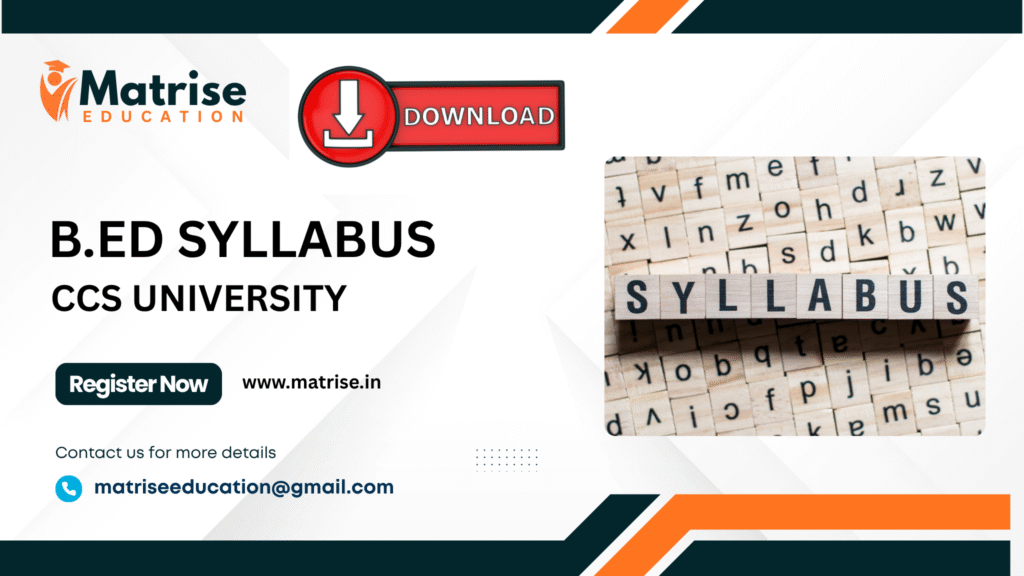
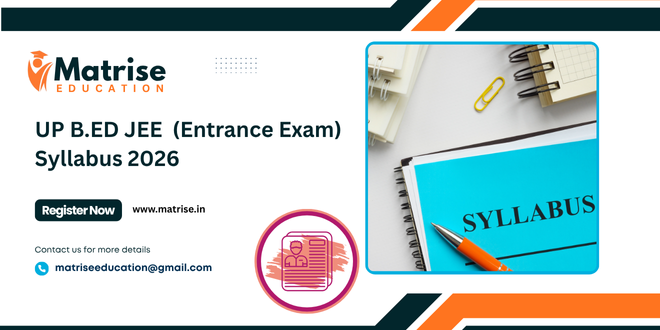
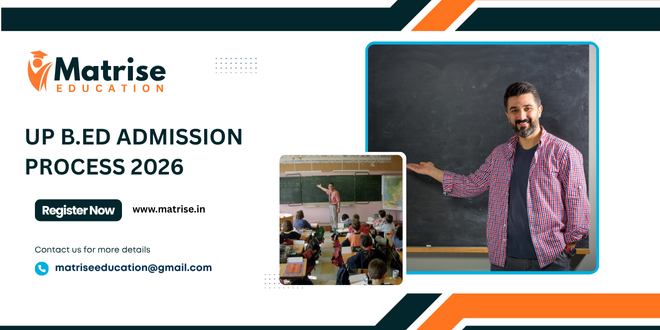
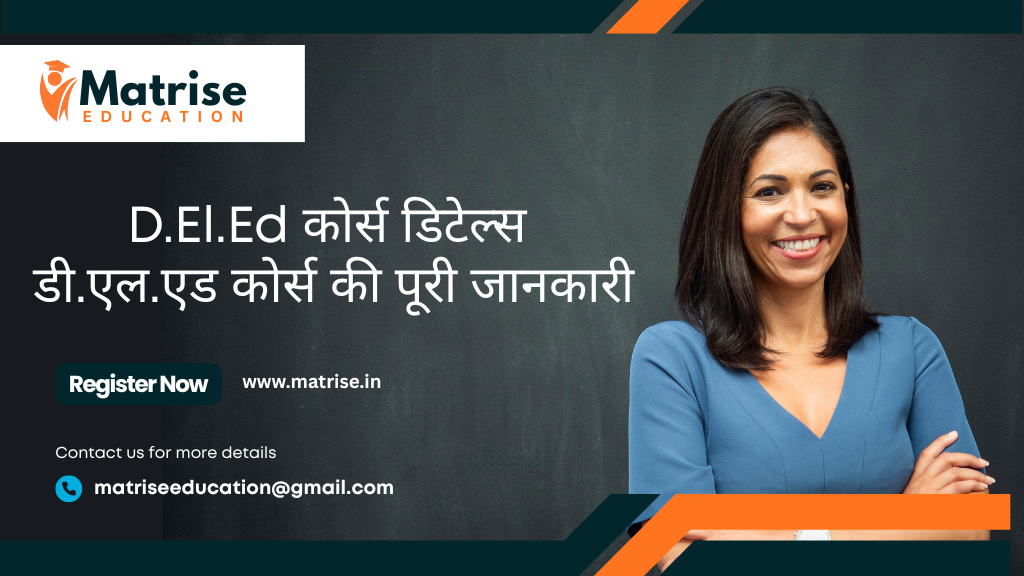

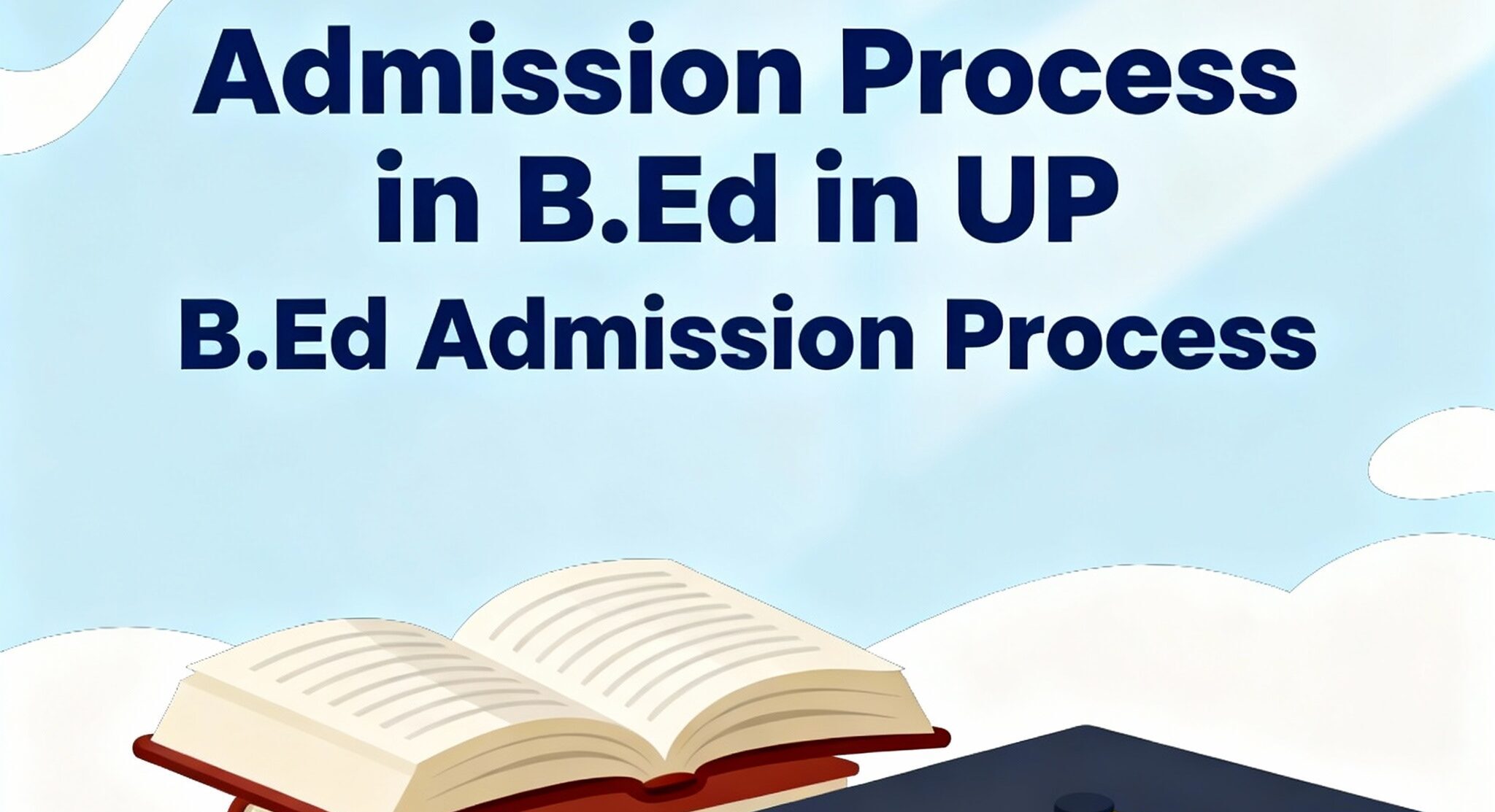
One Comment